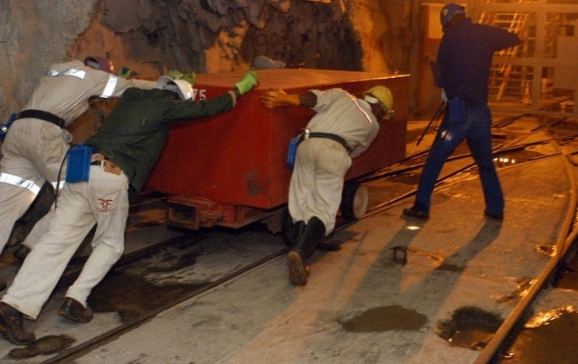
What Are the Main Reasons of Cable Failure?
When it comes to industrial operations, cable failures can lead to significant downtime and resource losses. To prevent future cable failures and ensure uninterrupted operations, it is crucial to understand the various causes of cable failures. Here are six common types of cable failure modes:
Failure of the Conductor
Conductor failures occur when continuity is lost due to breakage or severing of the conductor. This can happen when the cable is repeatedly flexed over a small bend radius, leading to damage. As individual strands break, the resistance of the conductor increases, indicating potential failure.
Insulation Failures
Insulation failures are often caused by cracks and perforations in the insulation material. Constant bending at a small radius can cause cracks, leading to insulation fatigue and failure. Additionally, if conductor strands break, sever, or tear, they can perforate the insulation walls, compromising its effectiveness.
Shield Failures
Shield failures can occur in both foil shields and copper braid shields. Foil shields can degrade over time, significantly when repeatedly bent or flexed, resulting in cracks and loss of functionality. Copper braid shields may experience mechanical wear, particularly in applications involving torsional motion.
Jacket Failures
The jacketing of a cable provides protection to the inner conductors from external elements. Jacket failures can occur due to various factors:
- Cable Swelling: Exposure to certain fluids, oils, or chemicals can cause the jacket material to swell, become soft and tearable, or be hard and brittle, leading to cracking.
- Abrasion: When the outer jacket wears down, the core of the cable may be exposed. Dragging the cable along the ground or constantly rubbing it against another object can cause abrasion-related failures.
- Cuts/Cut-through: Contact with sharp objects or impacts can result in cuts to the jacket. Minor cuts may not affect cable performance, but if they impact the jacket’s function or reach the shield or core, repair or replacement is necessary.
This post was written by Justin Tidd, Director at Becker Mining Communications! For over 15 years, Becker Communications has been the industry’s leader in increasingly more sophisticated electrical mining communication systems. As they expanded into surface mining, railroads, and tunneling they added wireless communication systems, handheld radios, tagging and tracking systems, as well as gas monitoring.



